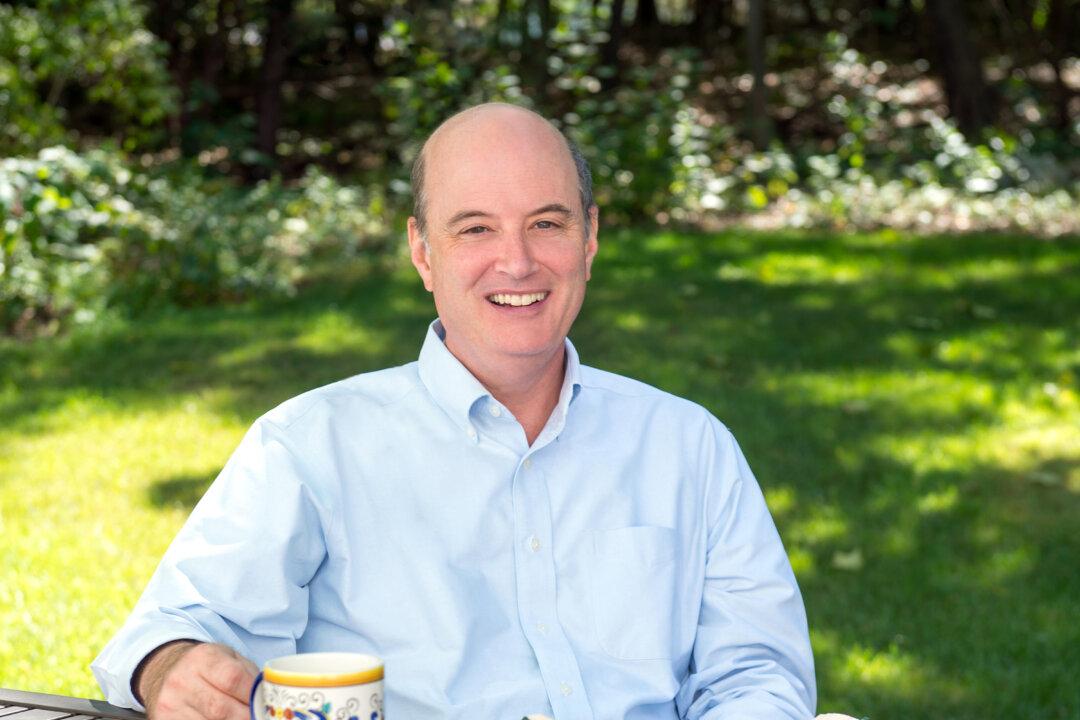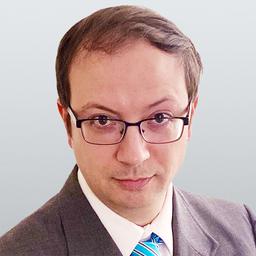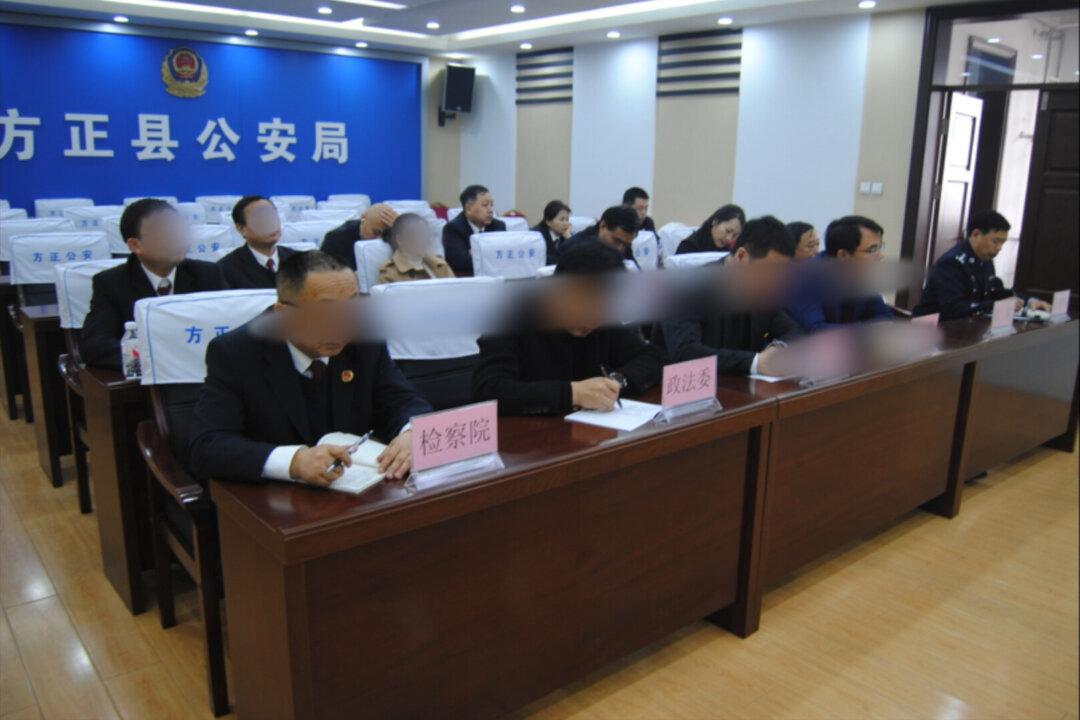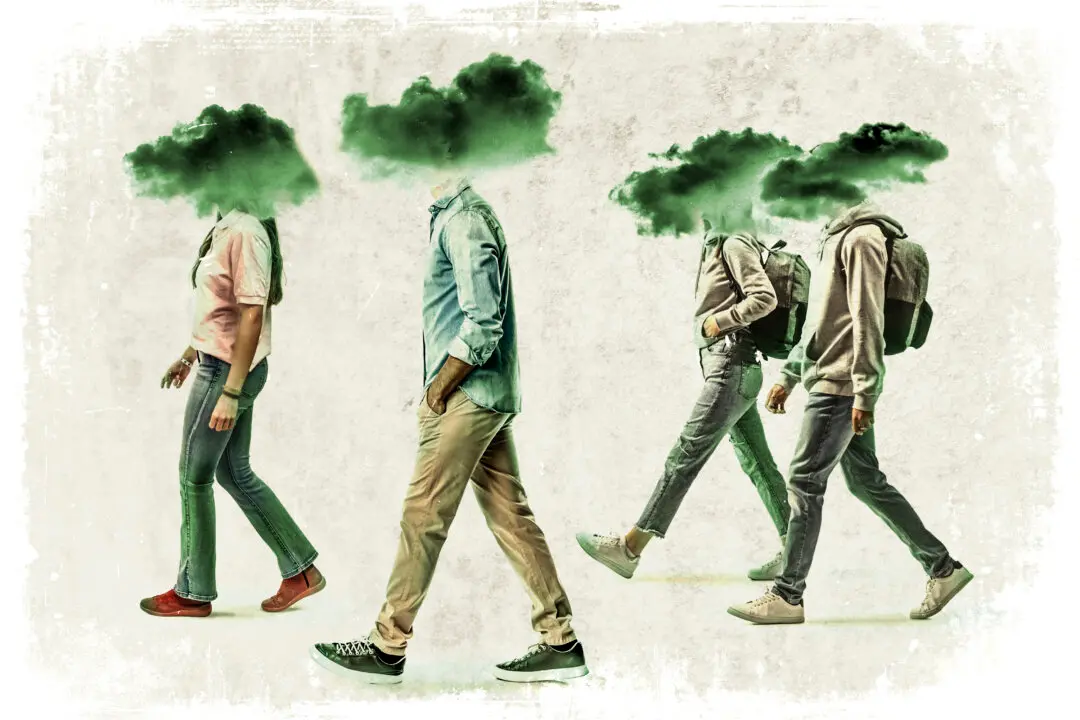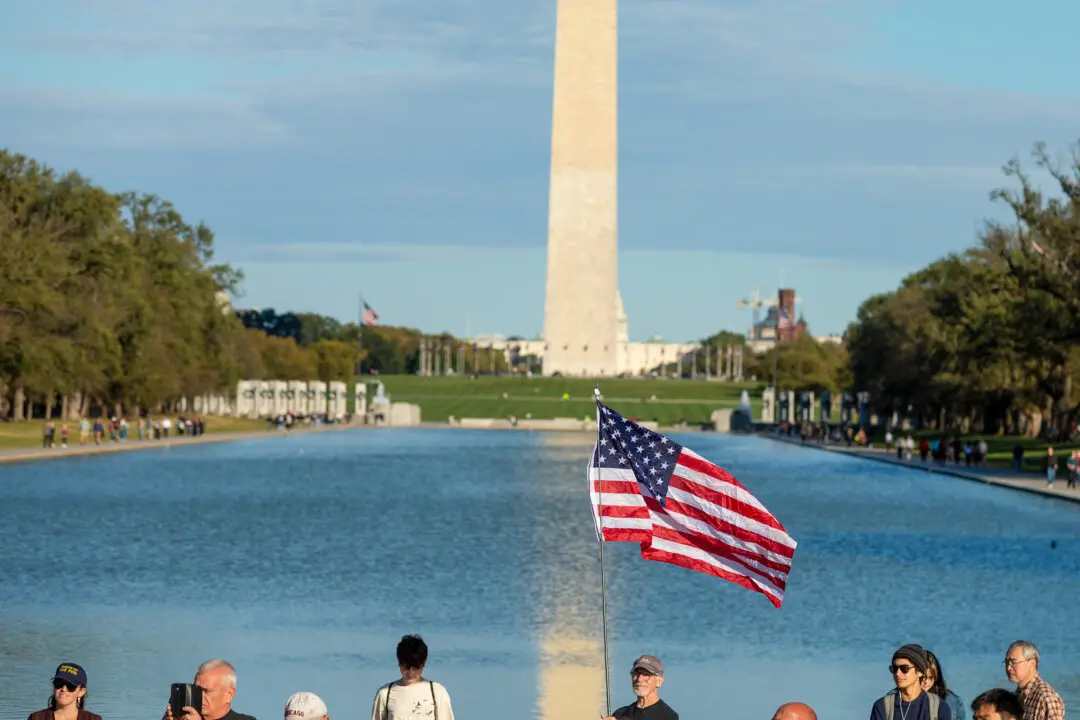A widely published translator of ancient Latin texts, a former high-ranking government bureaucrat, and an incredible poet who just released his book “Wonder and Wrath” last September, A.M. Juster is a man at the confluence of big ideas, important people, and the written word.
Under his non-poet name, Michael J. Astrue, he worked as head of the Social Security Administration for both the Bush and Obama administrations. He is not unlike the great epic poet and government official John Milton (whose Latin works Juster has translated). Juster is perhaps best summarized as being a true scholar. Among major poets today, he is unique in that he has stayed true to the traditional style of consistent rhythm (technically called “meter”) and often rhyme.

